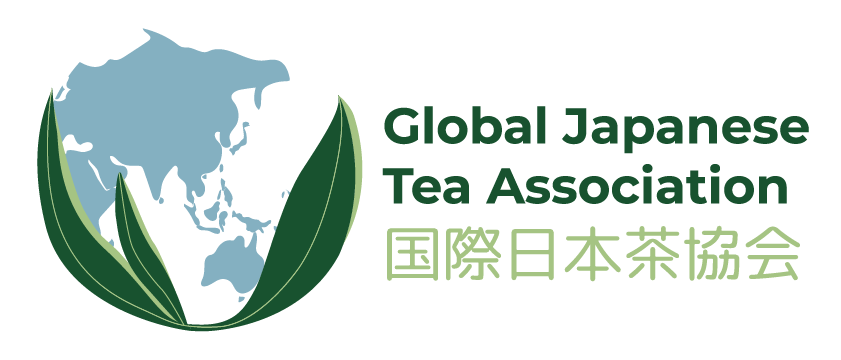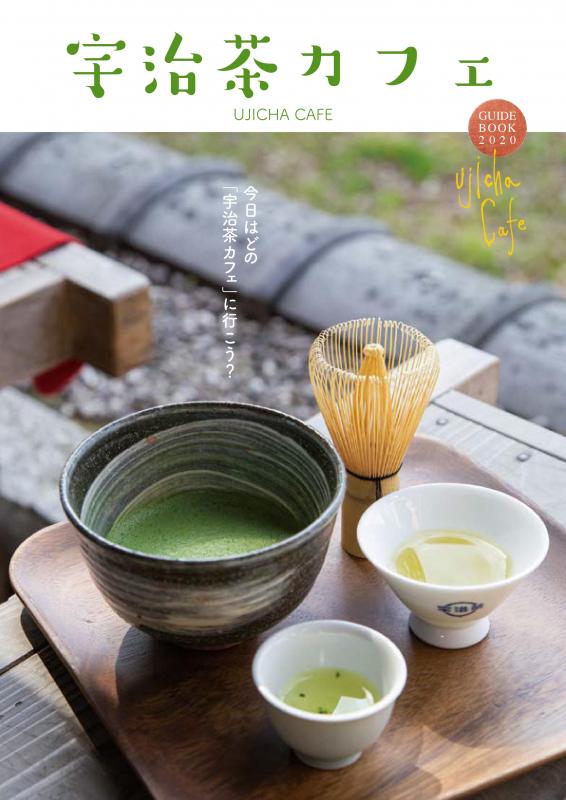In September summer heats start to subside and the tea harvesting begins again. While we are waiting for the news about the autumn harvest we already have the results of the 74th National Japanese Tea Competition that was held at the end of August. The best gyokuro this year comes from Yame, Fukuoka, while tea producers from Kyoto have claimed the titles for the best kabuse dencha and tencha. Shizuoka and Kagoshima tea producers have split their winnings in several sencha categories. Tea producers from Miyazaki and Saga have received the titles for the best mushisei tamaryokucha and kamairicha respectively.
While these are happy news, the tea industry continues to struggle this year, with the pandemic exacerbating many of the challenges. As people are spending more time at home last month it was announced that the tea consumption per household in the first 6 months of 2020 has increased in Japan compared to the same period last year. However, it seems that the number of tea drinkers has not increased accordingly, and Japan continues to have the issue of the low domestic demand for tea. Additionally, because of almost non-existent inbound tourism from abroad this year, famous tea and sweets shops located in touristic areas in Kyoto have started to close. On top of the sluggish domestic tea sales in some tea regions, like Mie, tea exports have shrank as well.
COVID-19 has been making a strong effect on the tea industry. The Prefectural Tea Industry Research Institute has teamed up with Kyoto University to research if tea catechins are effective in preventing the new coronavirus. The joint research seems to have started in May and the publishing of the results is expected before the end of the fiscal year. It is hoped that if the results are positive results, that may increase the domestic consumption of tea.
In the meanwhile several tea regions have started putting more effort into market research, marketing and branding to tackle the low domestic demand for tea. The market research in Tokyo about tea from Kakegawa, Shizuoka, conducted by the Shizuoka prefectural university, revealed that 80% of Tokyo respondents did not have an image of Kakegawa tea – a clear sign that more effort is needed in branding and marketing. To raise the brand awareness of the tea producing Matsumoto region in Kagoshima city, the Kagoshima City Tea Promotion Association has distributed Matsumoto tea to elementary and junior highschool students. In this trend from October Fuji city is starting Fuji tea promotion campaign on instagram using a common hashtag #富士のお茶 (Fuji tea). To promote the Ujicha Cafe Guide, Kyoto Prefectural Tea Industry Council is giving vouchers for those who share pictures from inside Uji cafes on Twitter.
There are also a few initiatives to start new tea projects or businesses in the hope that the current situation can be reversed. On the 20th of September Shizuoka Organic Matcha opened one of the largest matcha processing factories in Kawane, Shizuoka, that can process 1300kg per day and will focus on organic tea production.
On 2nd of September a Yame-tea-themed restaurant opened in Fukuoka’s Ohori park. It is meant to energize the less visited side of the park and will give a chance to taste Yame tea. Iyemon, a group of popular cafes, opened a new location in Nagoya Aichi on 14th September. Otsuji Chakka Shop that opened in Ujitawara in May, said that the pandemic had delayed the opening, and they were not sure if to proceed. Since then it has become popular as a place where you can rest comfortably, so it is a good thing they went through with the opening.
Among the new products the one that received the most regional and national attention was bottled Gyokuro from Uji to be sold in 30 high-end restaurants and hotels. Itoen has installed a karakuri machine next to Itoen tea vending machine, that explains the tea production with mechanical dolls. From the 1st of October Itoen is also releasing OI Ocha Kun character to interact with the customers instead of a real person. Among the new services, from October Cha no Ma is also starting tea weddings in six scenic tea locations in Shizuoka. Who would not want to have the wedding in the mountains surrounded by the tea fields?
While the pandemic has not been kind to many events, there are still a few taking place. Shizuoka tea museum is currently having an exhibition of the harvesting machines. Visitors can even sit inside the machines for a memory picture. People can also go to see Chorakuan – Omotesenke style tearoom in Kyoto. The draw of the tea room is that a lot of gold sheets have been used in its creation. The tea room will be open for viewing until December to avoid the visitors gathering at once.
Image credit: Kyoto Prefecture Yamashiro Wide Area Promotion Bureau
*The article is based on the Japanese media articles
- Opening of a Yame tea-themed restaurant and bar, Mainichi Shimbun 2020.09.04
- Kyoto’s cultural properties are open to the public at 18 locations, Kyoto Shimbun 2020.09..05
- Release of bottled high-class Uji tea, Asahi Shimbun 2020.09.05
- Exports of Ise tea from Mie stalled due to corona, Chunichi Shimbun 2020.09.06
- At the national tea competition Koyama-san’s tencha from Uji in the first place, Mainichi Shimbun 2020.09.07
- Commemorative photo with a tea harvesting machine at the Shimada city tea museum, Shizuoka Shimbun 2020.09.07
- Opening of the first “Iyemon Cafe” shop in Aichi Prefecture, Sankei Shimbun 2020.09.09
- Former town official becomes manager of Japanese sweets shop in Ujitawar, Kyoto, Kyoto Shimbun 2020.09.09
- Tea harvesting machine exhibition in Shizuoka, Nikkei Shimbun 2020.09.10
- 80% of Tokyo residents say they don’t have an image of Kakegawa tea, Mainichi Shimbun 2020.09.11
- Corona Disaster: Kiyomizu-dera Temple’s famous shops close one after another, Kyoto Shimbun 2020.09.11
- Fragrant, sweet and refreshing… “Uji Gyokuro in a Bottle” has been launched, Kyoto Shimbun 2020.09.11
- Can tea catechins help prevent corona? Kyoto University and Kyoto Prefecture to team up for research, Kyoto Shimbun 2020.09.17
- Mr. Katsuta, Fukuchiyama, awarded in the “Kabuse-Tea” category of the National Tea Fair, Mainichi Shimbun 2020.09.19
- Completed one of the largest organic matcha factories in Japan, Chunichi Shimbun 2020.09.21
- Ujicha cafe twitter campaign, Kyoto Shimbun 2020.09.22
- Seeking to increase household consumption of tea, Nikkei Shimbun 2020.09.23
- A vending machine with a mechanical device by Ito en, recreates the green tea production process, Nikkei Shimbun 2020.09.23
- Presenting “Matsumoto Tea” to all elementary and junior high school students in Kagoshima City, Mainichi Shimbun 2020.09.28
- Cha no Ma wedding plan consultation and reservations begin, Sankei Shimbun 2020.09.29
- Fuji-grown tea campaign on Instagram, Shizuka Shimbun 2020.09.30

